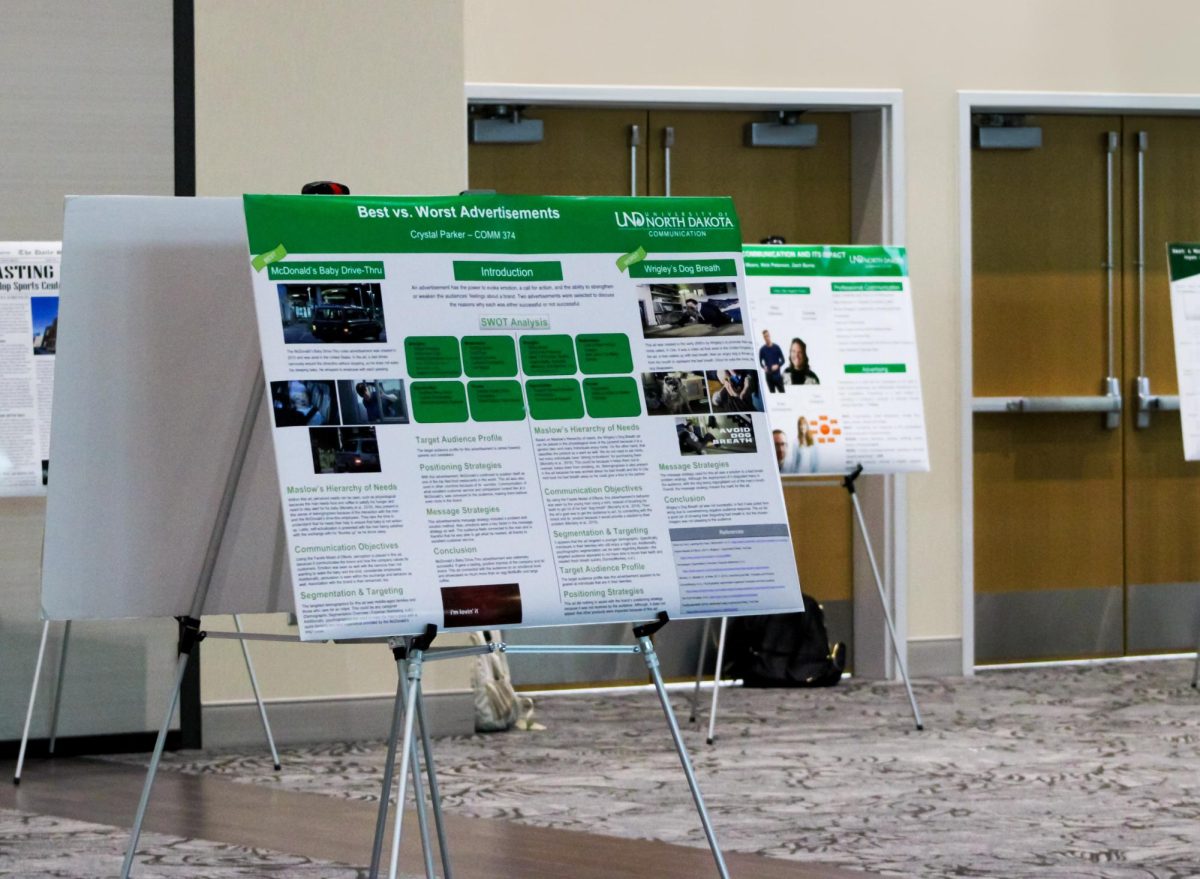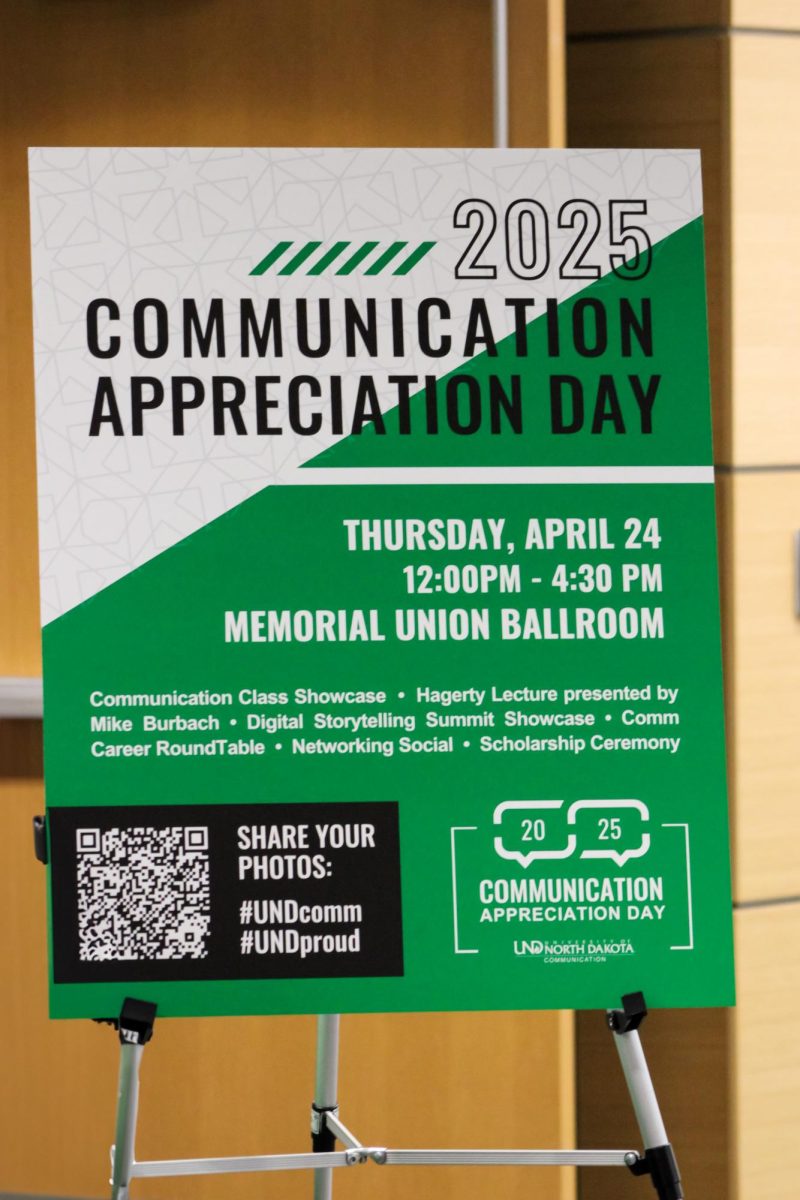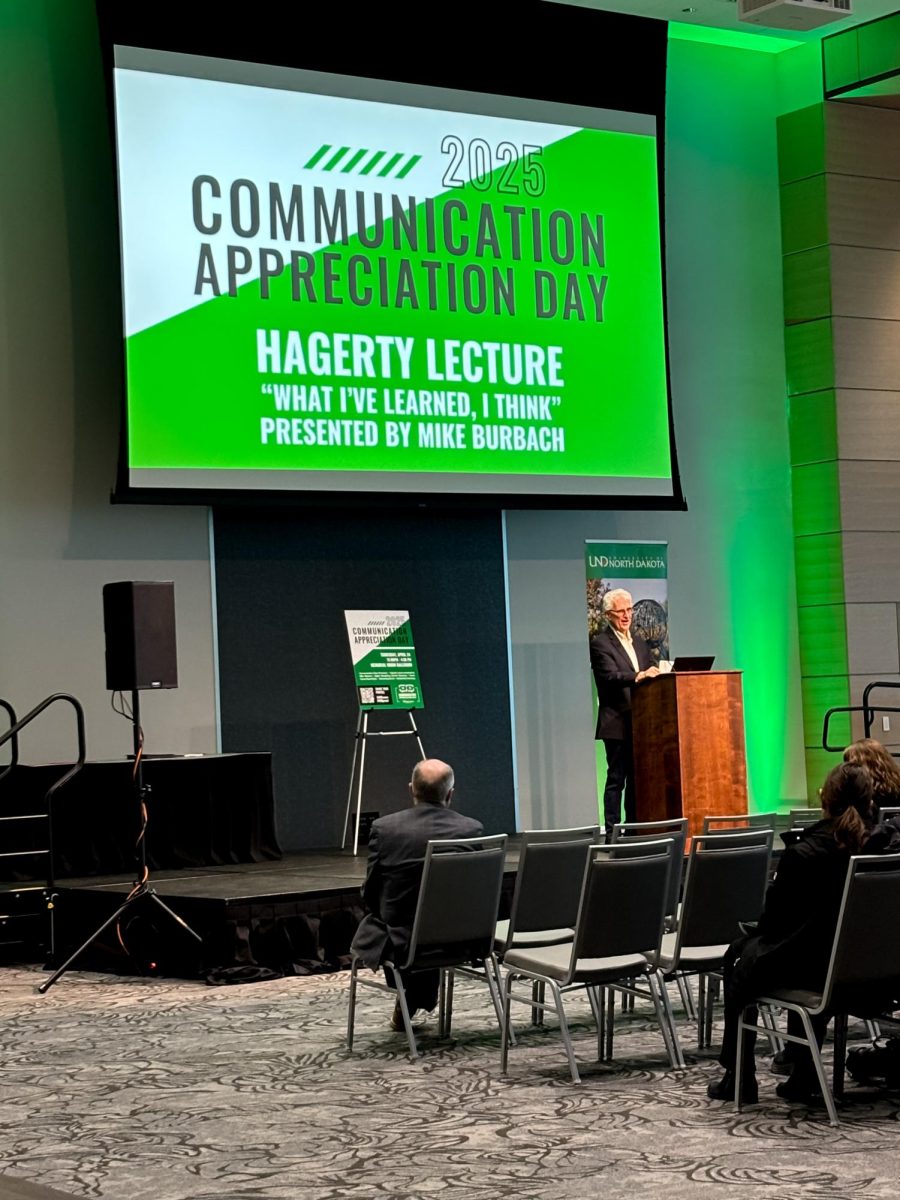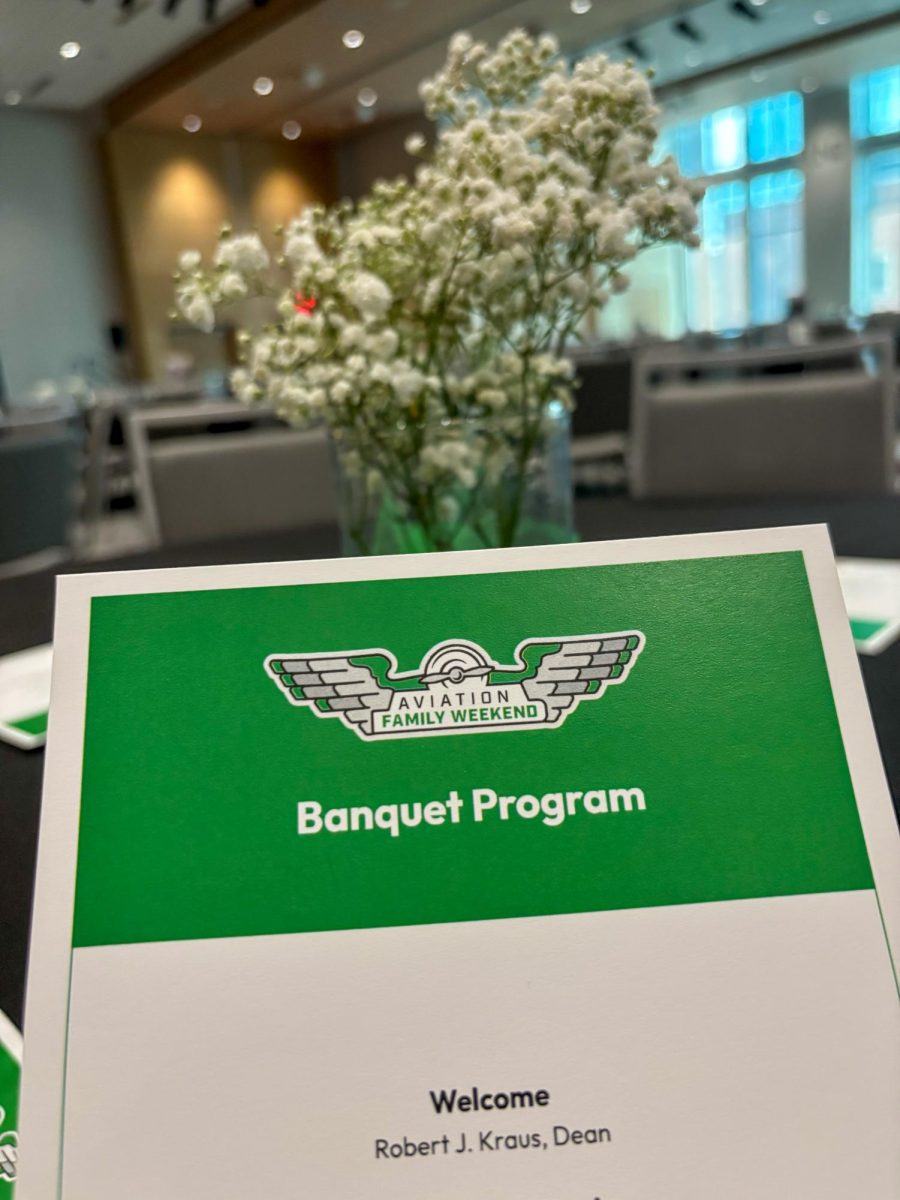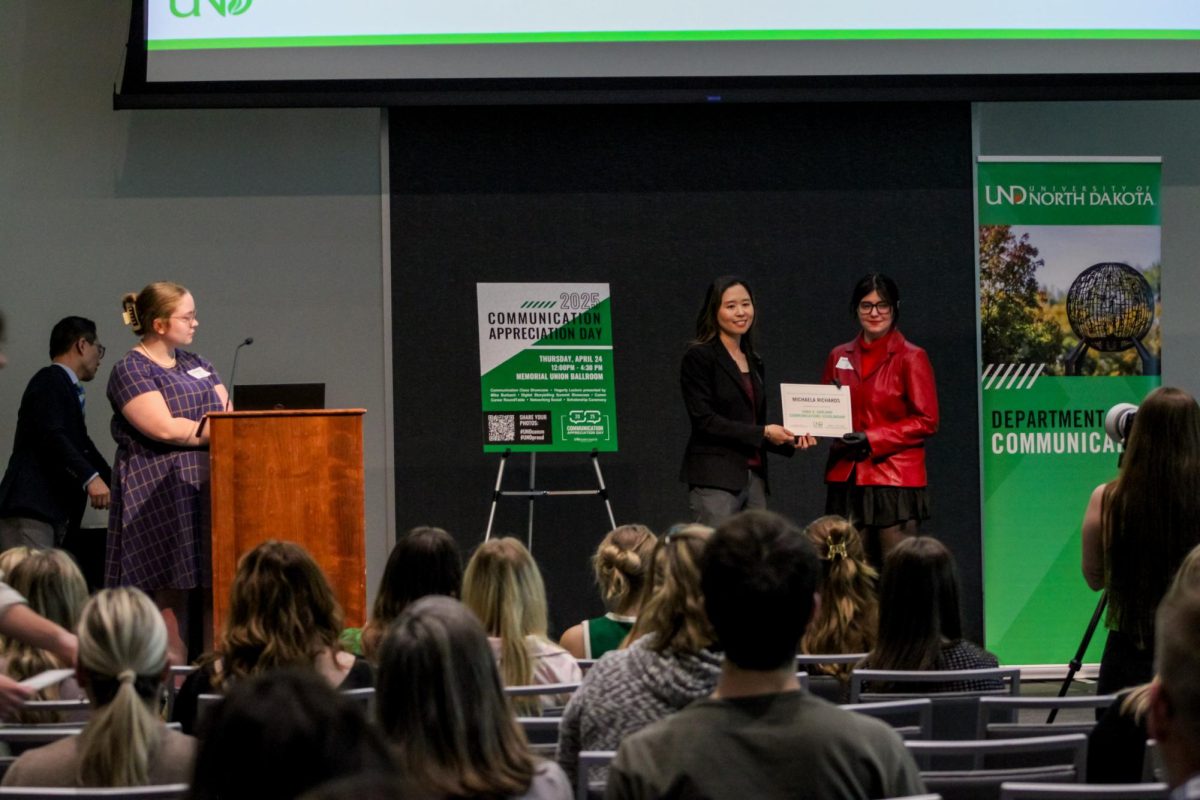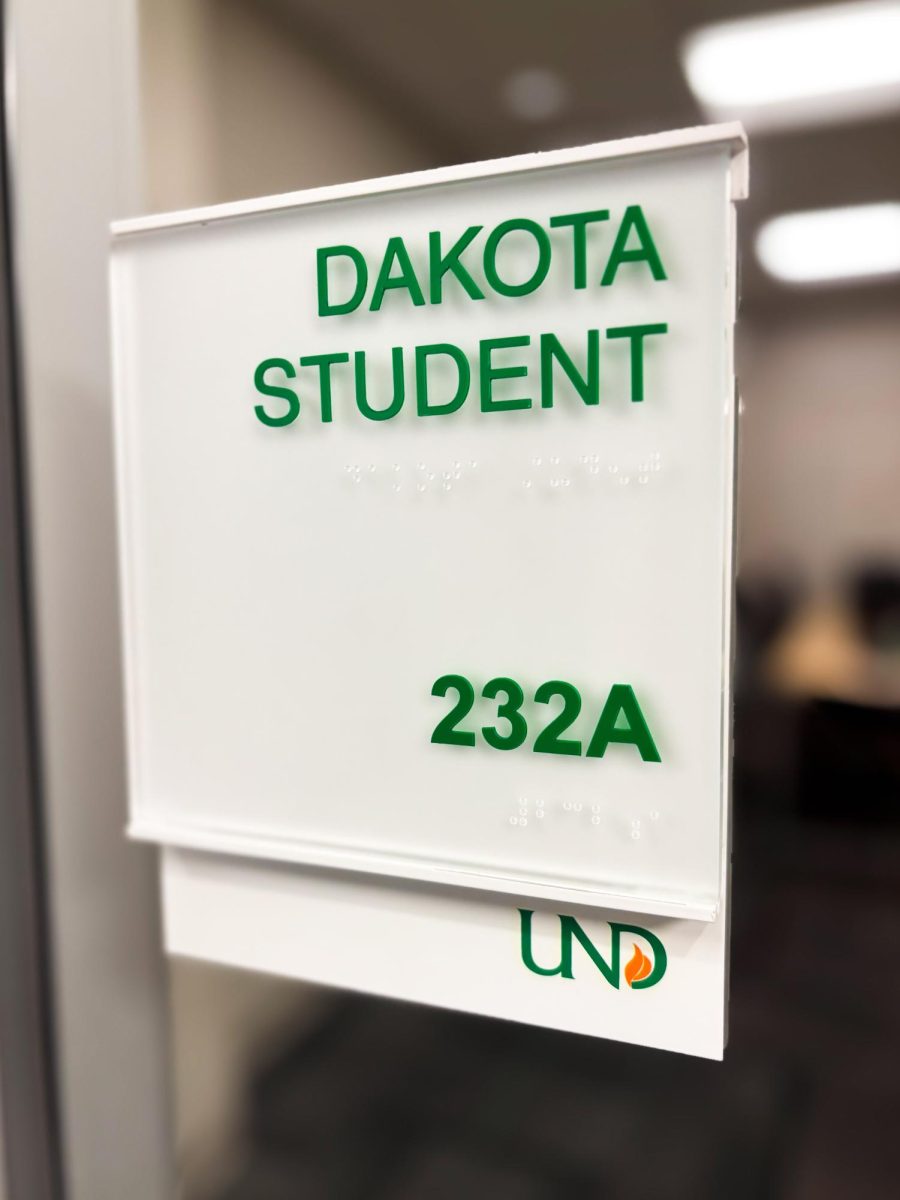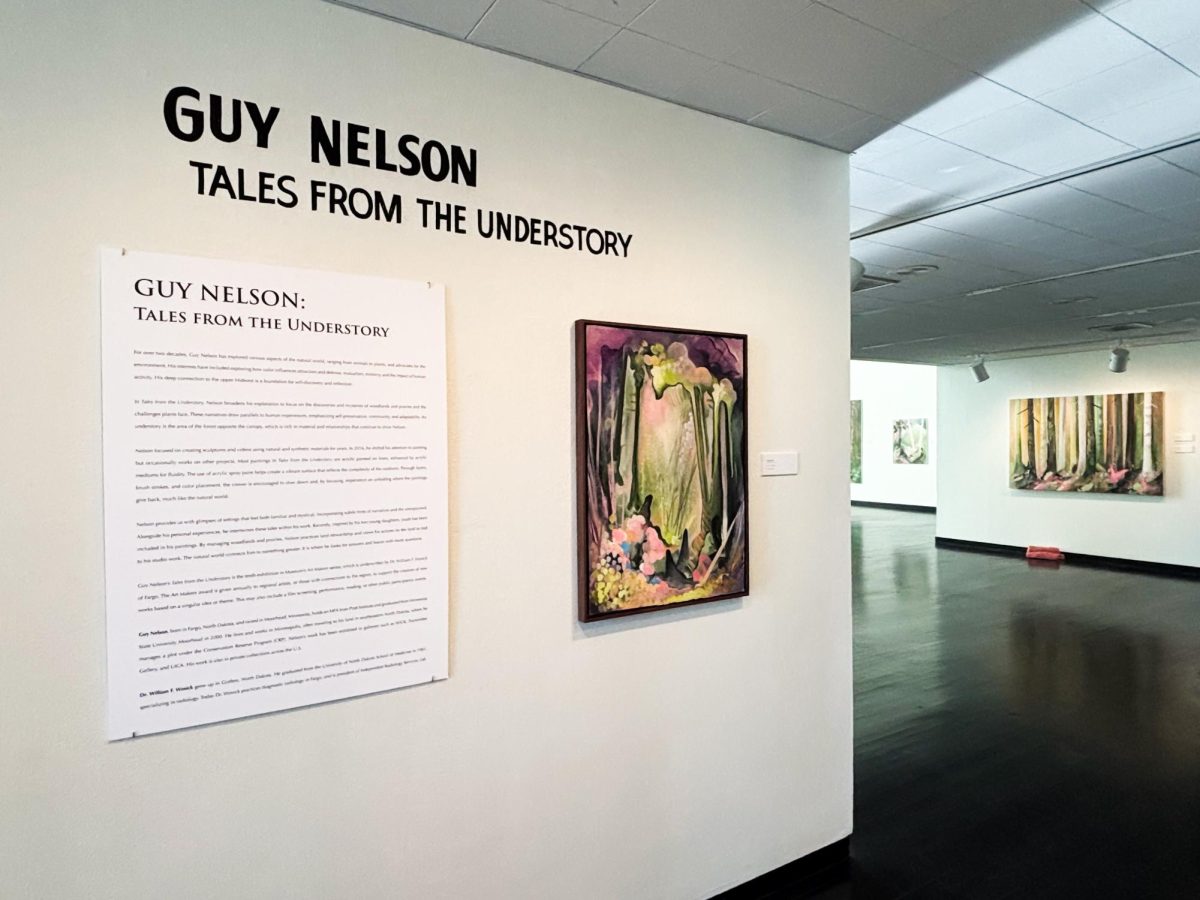As classes are starting, syllabi are being ignored and assignments are being discussed, and many students may find themselves faced with writing assignments they do not know how to approach. UND is incredibly fortunate to have a writing center on campus. I was able to meet with the director of the Writing Center, Anna Kinney, and ask her some questions about the Writing Center.
How long have you been working at the writing center and what do you do?
“This is my seventh year working as the Coordinator of the Writing Program, which includes both the Writing Center and the Writing Across the Curriculum program. Prior to being in this role, I spent a few years teaching composition, working as a writing consultant, and advising students.”
What is the purpose of the writing center? And how does that affect your approach to writing in general?
“Writing Centers work from an understanding that the development of writing abilities is a life-long process, and that writing is a skill and art that enables people to create and communicate ideas. We support writers as they develop their writing process by offering positive, constructive responses to their work in any genre or discipline and at any stage of the writing process. With this in mind, we offer collaborative, conversational appointments for writers, either in-person at the Writing Center or over Zoom. Our focus is always on supporting writers, rather than just ‘fixing papers.”
Many people are under the impression that the writing center is only for ‘bad’ writers, what is your response to that?
“The idea of a ‘bad writer’ – or even a ‘good writer’ for that matter – perpetuates a fixed understanding of one’s abilities. Those categories fail to account for how writing, thinking, and learning actually happen. It’s easy to think of writing as only the product we create. But more importantly, writing is a process, and it never happens in a vacuum. Successful writers are able to navigate various contexts, purposes, and genre conventions to successfully connect with diverse audiences. When I talk with writers, I always challenge them to move away from these fixed mindsets around writing. Rather, strive to be a thoughtful craftsperson and revisor – one who can navigate varied rhetorical contexts and connect with their readers effectively. When we see ourselves as always engaged in the process, we are much better equipped to connect, strengthen our unique voices, and share our ideas successfully.”
Who is the writing center for? Can anyone bring any type of writing or is it only for class assignments?
“All writers and types of writing are welcome in the Writing Center. We work with a lot of writing that happens outside of course activities and assignments. We love connecting with writers who are working on things like scholarship essays, personal statements, articles for publication or public audiences, and even creative writing projects such as poetry, short stories, and longer creative pieces.”
What would you say to students who are apprehensive about going to the writing center for help?
“Writing is hard work, but you don’t have to do it alone. As writers ourselves, we know how important it is to connect with other writers and resources to make the process more productive and engaging. A supportive community can make a huge difference. There are so many ways to develop strong written communication skills that allow us to share our perspectives, ideas, and research with audiences where it can make a difference. Revision really is the key to successful writing in college and life, and we’re here to help you develop those skills and writing strategies.”
Who are the people individuals would be working with during their writing center appointments?
“Writers will be working with their peers. Our Writing Center consultants are undergraduate and graduate students who are trained to provide a reader’s perspective and feedback on a writer’s work in progress. Writing consultants approach their work with writers from a place of genuine curiosity about the writer’s ideas in order to provide constructive feedback at any stage of the writing process.”
Is there a limit to how many appointments students get a semester?
“Writers can make up to 2 appointments a day. The schedule for appointments is available for the whole semester so writers can create regular appointments or plan visits into the future to meet their writing process needs.”
Most importantly for college students, is it free?
“Yes! Writing Center sessions are free for UND students, faculty, and staff.”
What is the best part of working at the Writing Center?
“The best thing about working in a Writing Center is always the writers we work with. We get to read the most amazing creative projects and research from every discipline at UND. I am always blown away by the work being done here and our team feels so privileged to get to know the writers behind the drafts. I can’t imagine a better job than getting to learn the amazing, imaginative, and tremendously impactful things happening around campus.”
UND’s writing center is one of its most valuable on-campus resources. The consultants are all thoughtful and dedicated to helping their peers. Regardless of the type of writing, your experience writing, or your place in the writing process, the writing center aims to help all of the writers who walk in their doors.
Aubrey Roemmich is a Dakota Student Section Editor. She can be reached at aubrey.roemmich@und.edu.



